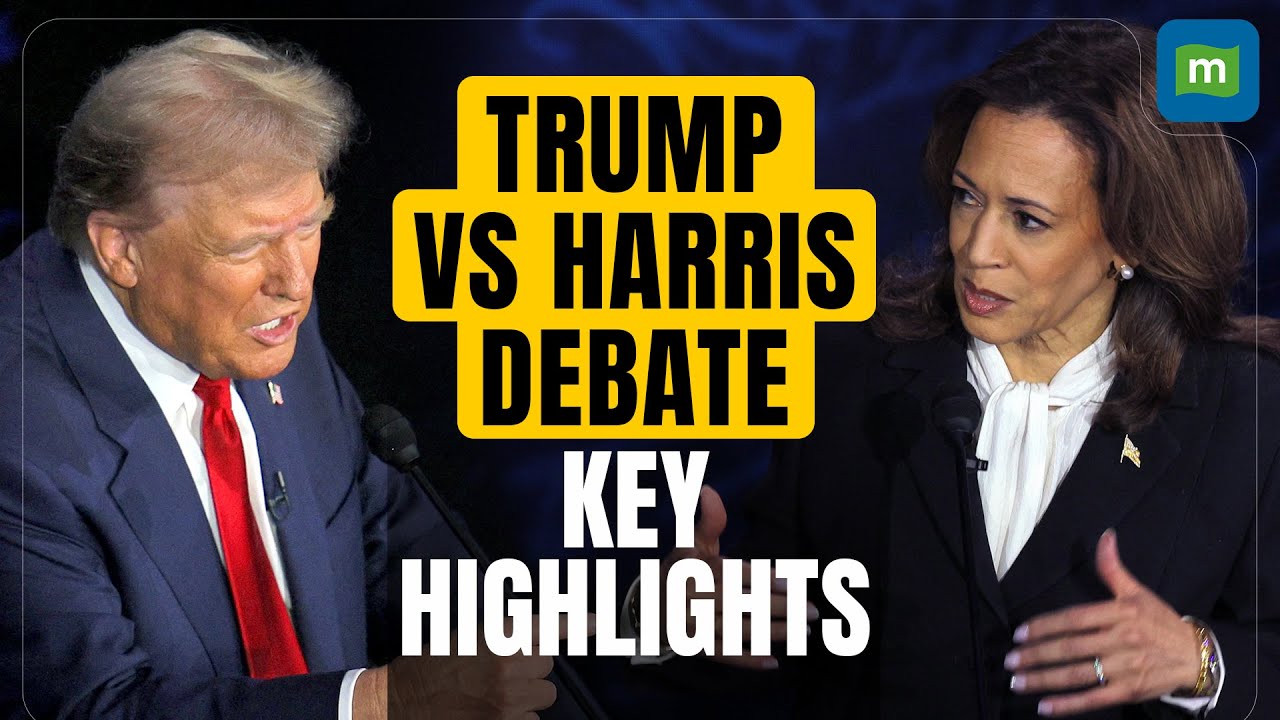As the U.S. presidential election season unfolds, one of the most anticipated events is the series of presidential debates. These live, nationally televised forums bring candidates face-to-face, allowing them to present their policies, defend their records, and engage directly with their opponents. But what is the true purpose of these debates, and how do they shape the outcome of the election?
The Purpose of U.S. Presidential Debates
The primary purpose of presidential debates is to provide voters with a clear and direct comparison of the candidates vying for the highest office. Debates offer a platform where candidates outline their policy positions, address pressing national issues, and answer questions from moderators and sometimes even from voters themselves. The interaction allows candidates to display their knowledge, composure, and ability to communicate under pressure.
For many undecided voters, debates offer an opportunity to see beyond campaign advertisements and sound bites. Candidates’ demeanor, command of issues, and responses to criticism are scrutinized, giving voters insight into their potential leadership qualities.
The History and Evolution of Debates
Presidential debates have become an integral part of U.S. elections since the famous televised face-off between John F. Kennedy and Richard Nixon in 1960. That debate is often cited as a turning point in modern campaigning, showcasing how televised appearances could sway public opinion. Kennedy’s confident and charismatic performance contrasted with Nixon’s pale and uncomfortable appearance, shaping public perception of both candidates.
Since then, debates have evolved, with structured formats, pre-selected topics, and rules on timing and responses. While once limited to a single debate, modern elections often feature multiple rounds of discussions, focusing on different themes such as domestic policy, foreign policy, and the economy.
The Influence on Voters
While not every voter tunes in to every debate, these events have the potential to shape the narrative of the election. A strong or weak performance can significantly alter a candidate’s momentum. Memorable debate moments, such as Ronald Reagan’s famous “There you go again” line in 1980, or Barack Obama’s calm responses to attacks in 2008, have helped candidates solidify their standing with voters.
For undecided voters, debates provide a critical opportunity to assess candidates’ platforms and personas. Polls often show shifts in public opinion after debates, especially if a candidate performs particularly well or poorly. Although debates rarely change the minds of voters who are strongly partisan, they can influence the sizable portion of the electorate that remains undecided until the final stages of the election.
Challenges and Criticisms
Despite their importance, presidential debates are not without criticism. Some argue that the format prioritizes style over substance, with candidates focusing on rehearsed lines or personal attacks rather than in-depth discussions of policy. In recent elections, debates have sometimes devolved into shouting matches, leaving voters with little valuable insight.
Moreover, debates often exclude third-party candidates, limiting the scope of discussion to the two major political parties. Critics argue that this narrows the political conversation, preventing the public from hearing alternative viewpoints.
Do Debates Decide Elections?
While debates are important, they are rarely the sole determining factor in an election. Many elements, such as campaign strategy, economic conditions, and candidate likability, contribute to the final result. However, a debate can serve as a critical turning point in a close race, particularly if a candidate significantly outperforms expectations or makes a major gaffe.
For example, during the 2000 election, Al Gore’s sighing and perceived dismissiveness during his debate with George W. Bush hurt his public image. In contrast, a confident performance by a candidate can reinforce their leadership qualities and build trust with voters.
Conclusion
U.S. presidential debates remain a vital component of the election process. They provide voters with a unique opportunity to evaluate candidates side by side, offering insights that campaign speeches and advertisements cannot. While debates may not singlehandedly determine the outcome of an election, their influence on public perception and voter decision-making is undeniable. As the next election cycle approaches, all eyes will be on the debate stage, waiting for the defining moments that could sway the race for the presidency.


